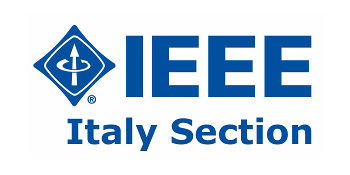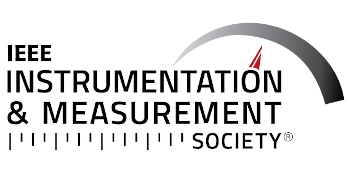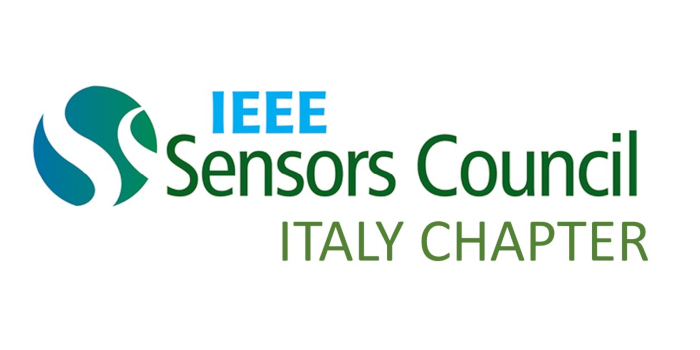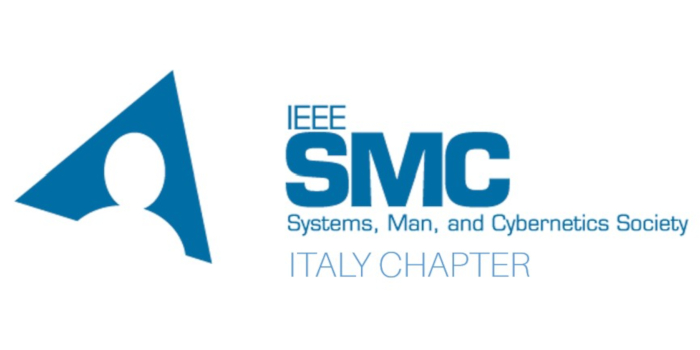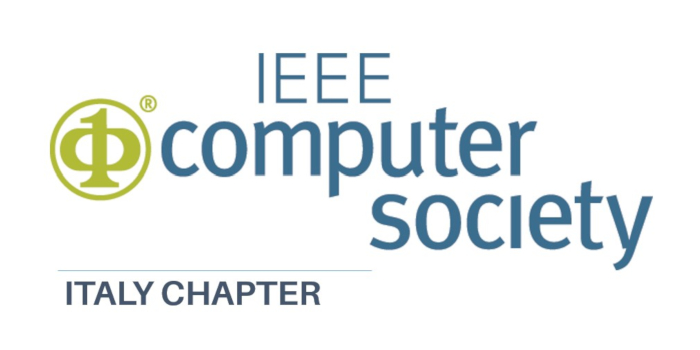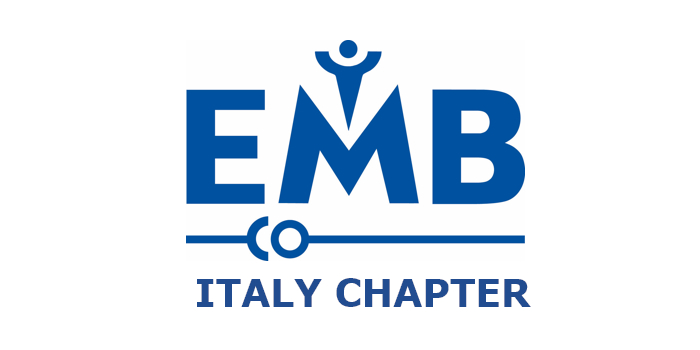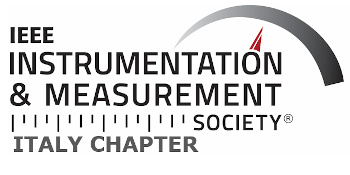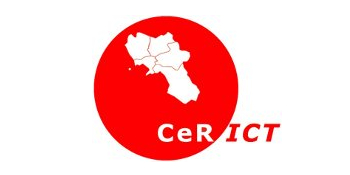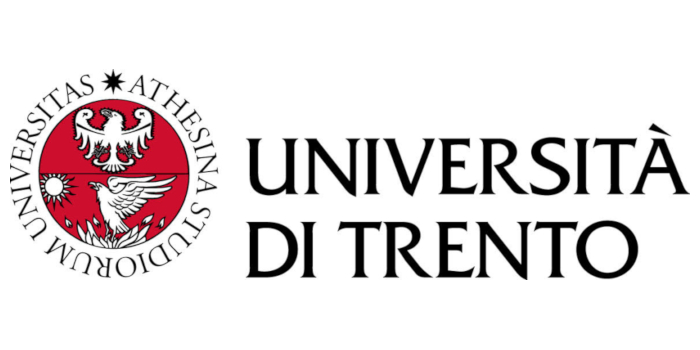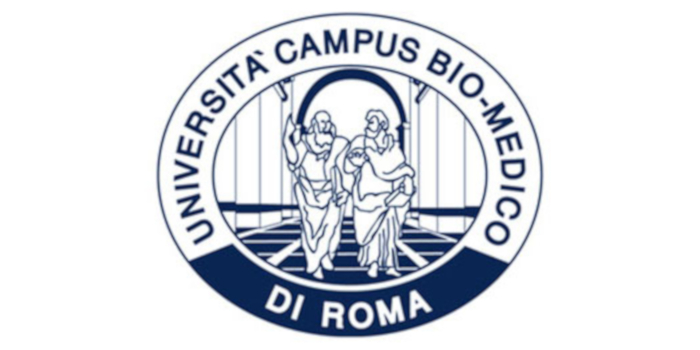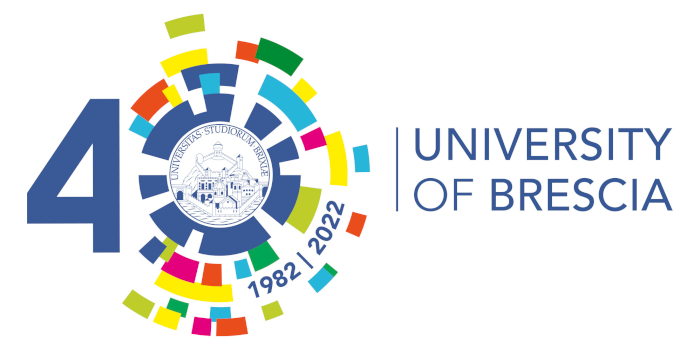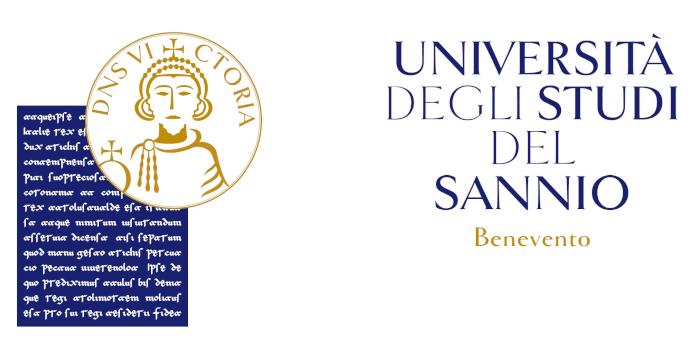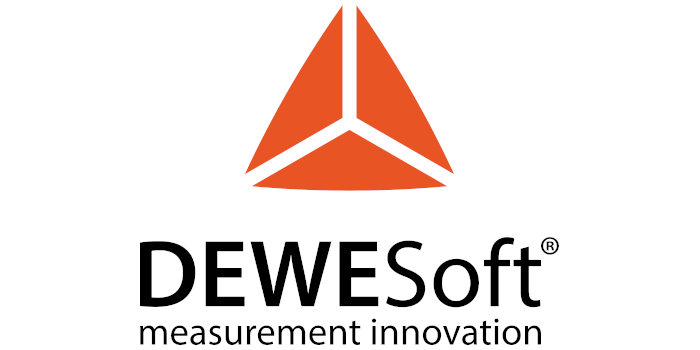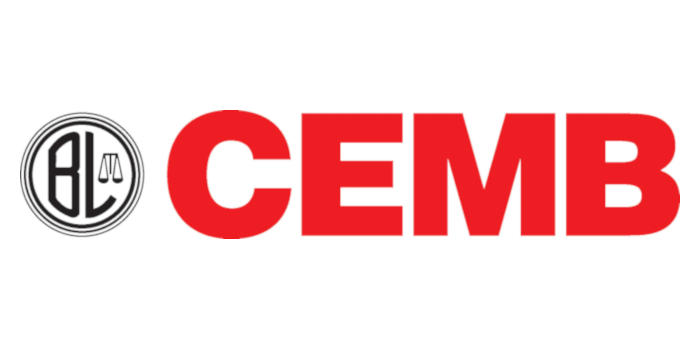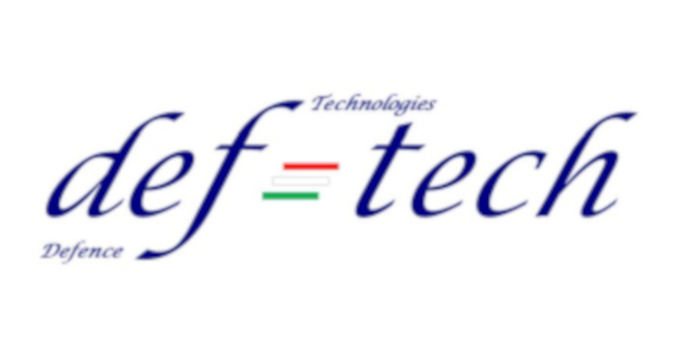AI-enhanced sensing for Industrial and Medical IoT applications
ORGANIZED BY
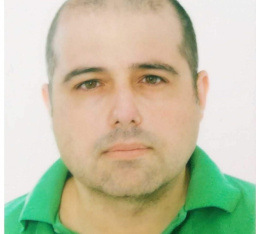
Luca Vollero
Università Campus Bio-Medico di Roma, Italy
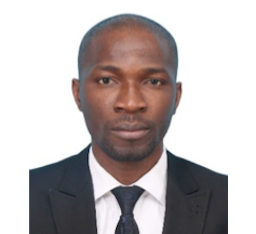
Samuel Oluwarotimi
Shenzhen Institute of Advanced Technology, Chinese Academy of Sciences
ABSTRACT
The computational and communication capabilities available in almost all electronic devices are fostering new ways of performing and consuming measurements in applications. Image sensing in computational photography is the most prominent example of such integration, in which the combined computational control of the physical data sampling and the computing processes have enabled innovative and unexpected methods to capture our moments in photography. Similar strategies are possible in other sensing domains under the combination of transducers control, communication, data fusion and advanced signal processing and ML/AI techniques. These sensing techniques may impact industrial and medical applications in several ways, such as, for example:
- Increasing the quality of recorded data under fixed hardware complexity and costs;
- Reducing the costs of measurements systems, without reducing the quality of recorded data;
- Enabling the recording of information impossible under traditional sampling strategies;
- Including lateral parameters and trade-offs, such as robustness, in the sensing systems design.
In this special session, we invite researchers to share their findings in computational and AI sensing for industrial and medical applications. Works describing theoretical and practical solutions are welcome, as well as papers describing the use of AI-enabled IoT sensors (smart sensors) in industrial and medical scenarios.
TOPICS
Topics include, but are not limited to:
- Computational sensing systems design, modelling, implementation and evaluation;
- Networks of coordinated IoT sensing devices;
- Smart sensor design, modelling, implementation and evaluation;
- Algebraic and Graph signal processing for distributed sensor data;
- Compressive sensing applications to distributed sensor data;
- Solutions based on special-purpose hardware for smart IoT sensors;
- Models for indirect sensing;
- AI and ML in the sensors data processing;
- Computational sensing in medical or industrial applications.
ABOUT THE ORGANIZERS
Prof. Luca Vollero received his MSc (2001) in Telecommunication Engineering and PhD in Computer Science (2005) from the University Federico II of Napoli. He is currently Associate Professor at UCBM (Università Campus Bio-Medico di Roma). His research interests are focused on embedded and IoT devices design, development and optimization, signal and image processing, and communication systems design and performance evaluation. He is a member of the IEEE, IEEE Engineering in Medicine and Biology Society, IEEE Computer Society, IEEE Communications Society, IEEE Signal Processing Society, ACM and SIAM. He is currently the Chair of the “SMART SENSORS & EDGE COMPUTING” technical committee of the IEEE Sensors Italy Chapter.
Prof. Oluwarotimi Williams Samuel, received his B.Sc. and M.Tech. Degrees in Computer Science from Kogi State University and the Federal University of Technology, Akure in 2009 and 2014, with first-class honours and distinction, respectively. He further obtained a PhD degree in Pattern Recognition and Intelligent Systems from the University of Chinese Academy of Sciences, Beijing in 2018 courtesy of the CAS-TWAS president’s fellowship, and received several distinguished honours and awards during the program. Between 2010 and 2014, he worked as a senior software engineer and program analyst with High Technology Research and Development Group Limited and State Information Technology Agency, correspondingly. He is currently with the Centre for Neural Engineering, Shenzhen Institutes of Advanced Technology, Chinese Academy of Sciences. His research interest includes applied machine intelligence, biomedical signal processing, rehabilitation robotics, clinical decision support systems, data mining and knowledge discovery, from which he has published over 85 peered-reviewed scientific articles. He is the principal and co-principal investigator of a number of national and international collaborative research projects, and as well the editorial board member of international peered reviewed journals including Frontiers in Neurorobotics, Neuroscience, Robotics and Artificial Intelligence.


